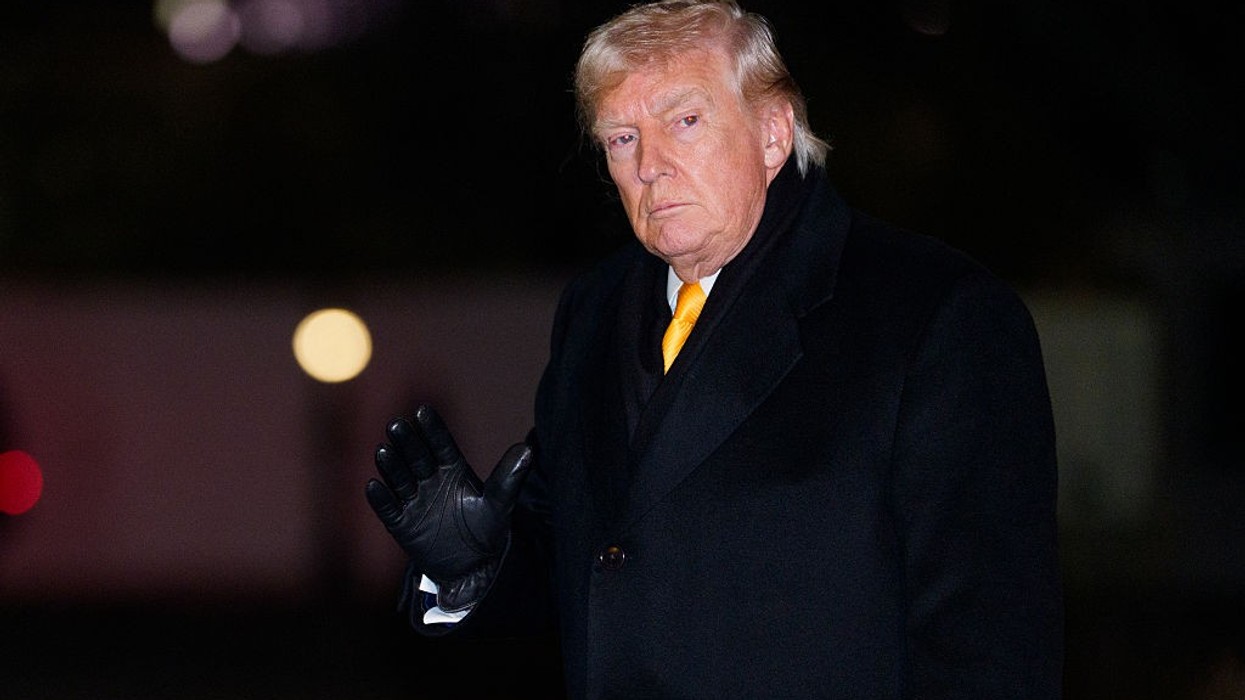President Donald Trump signed a major tax and spending bill into law at the White House, marking a significant win for his administration. The signing ceremony, held on the eve of Independence Day, featured a celebratory atmosphere with military flyovers and a picnic attended by service members.
The bill, passed narrowly in Congress, enacts key elements of Trump’s agenda, including permanent tax cuts, increased defense spending, and a crackdown on immigration.
Key Provisions of the Bill - The 870-page legislation is one of the most comprehensive policy packages in recent years. Its main features include:
- Extension of 2017 Tax Cuts: The bill makes permanent the tax reductions first enacted during Trump’s initial term, preventing a scheduled tax hike for individuals and businesses.
- New Tax Breaks: There are new deductions for tipped income, overtime, and Social Security benefits for seniors. The child tax credit is increased, and the cap on state and local tax (SALT) deductions is raised to $40,000 for five years.
- Defense and Immigration Funding: The bill allocates an additional $150 billion to defense and $100 billion to Immigration and Customs Enforcement (ICE), supporting Trump’s priorities on national security and border enforcement.
- Cuts to Social Programs: Medicaid, the federal healthcare program for low-income and disabled Americans, faces steep cuts. The Supplemental Nutrition Assistance Program (SNAP) also sees significant reductions, with stricter work requirements and a shift of some funding responsibilities to states.
- Reduction in Clean Energy Credits: Several tax credits for clean energy and electric vehicles, introduced during the Biden administration, are rolled back or eliminated.
Political Reactions and Congressional Battle
The bill passed the House by a narrow margin of 218-214, with only two Republicans joining all Democrats in opposition. In the Senate, Vice President JD Vance cast the deciding vote after a tie. The legislative process was marked by intense negotiations and a marathon speech by House Minority Leader Hakeem Jeffries, who called the bill “an extraordinary assault on the healthcare of the American people”.
Republican supporters celebrated the passage, emphasizing the bill’s tax relief and increased funding for defense and border security. Trump declared, “The largest spending cut, and yet, you won’t even notice it. The people are happy.” However, several Republicans expressed concern about the bill’s impact on the national debt, while Democrats warned it would disproportionately benefit the wealthy and harm vulnerable Americans.
Economic and Social Impact on Low-Income Americans
The Congressional Budget Office estimates that nearly 12 million people could lose Medicaid coverage over the next decade due to stricter eligibility and work requirements. SNAP recipients, including families like Jordan’s, may see reduced benefits, forcing some to seek additional employment to make ends meet.
Distribution of Tax Benefits: Analyses suggest that about 60 per cent of the tax benefits will go to households earning above $217,000, while lower-income families may see little gain or even losses due to cuts in social programs.
National Debt Concerns: While the White House argues that tax cuts will spur economic growth, experts warn that the bill could sharply increase the federal deficit in the coming years, with estimates of an added $3.1 to $3.5 trillion to the national debt over the next decade.
Public Opinion
Polling before the bill’s passage indicated low public support, with only 29% of Americans endorsing the legislation. Awareness of the bill’s details remains limited, even among Trump’s supporters, suggesting potential political challenges ahead as the effects of the law become more widely felt















